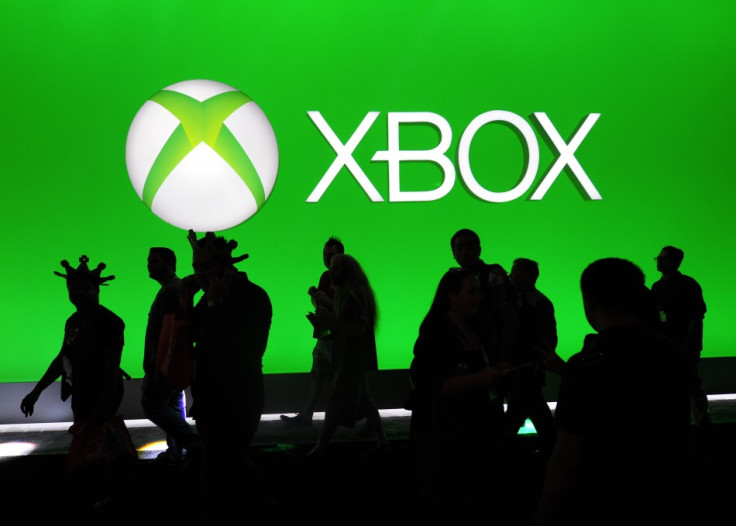Petition to Bring Back Restrictive Xbox One Policies Gains Traction
An online petition calling for Microsoft to reinstate controversial download rights management policies on the Xbox One has gathered more than 17,000 signatures in just two days.

The petition, entitled "Microsoft: Give us back the Xbox One we were promised at E3" was originally launched on 21 June, and until earlier this week, had only 1,000 signers. However, support for the petition has increased dramatically in the past two days, with 18,825 people signign the petition.
A representative for Change.org, the website hosting the petition, told Gamespot it was the "most active" campaign on the site right now and currently responsible for more than 4% of Change.org's total viewing traffic.
The petition, launched by a David Fontenot from Georgia, US, calls for a return to the Xbox One originally planned by Microsoft, which would have forced users to "check-in" their console once every 24 hours of play and also passed several restrictions on the selling and trading of used games. Both measures were intended to curb videogame piracy.
Follwing E3 2013, where Sony revealed the PlayStation 4 would feature no online check-ins or restrictions on used games, Microsoft opted to backtrack on the Xbox One and announced that all of the restrictive policies would be scrapped.
However, Fontenot's petition describes the original version of the Xbox One as the "future of entertainment", likening it to the online game distribution platform, Steam:
"This was to be the future of entertainment. A new wave of gaming where you could buy games digitally, then trade, share or sell those digital licenses. Essentially, it was Steam for Xbox. But consumers were uninformed, and railed against it, and it was taken away because Sony took advantage of consumers uncertainty."
Analysts have explained that Microsoft's restrictive policies were designed to offset game development costs, which are expected to rise on the next generation of consoles. By limiting the potential for piracy and resold games, the company hoped to offer game studios the opportunity to recoup more of the money spent on development.
© Copyright IBTimes 2025. All rights reserved.






















